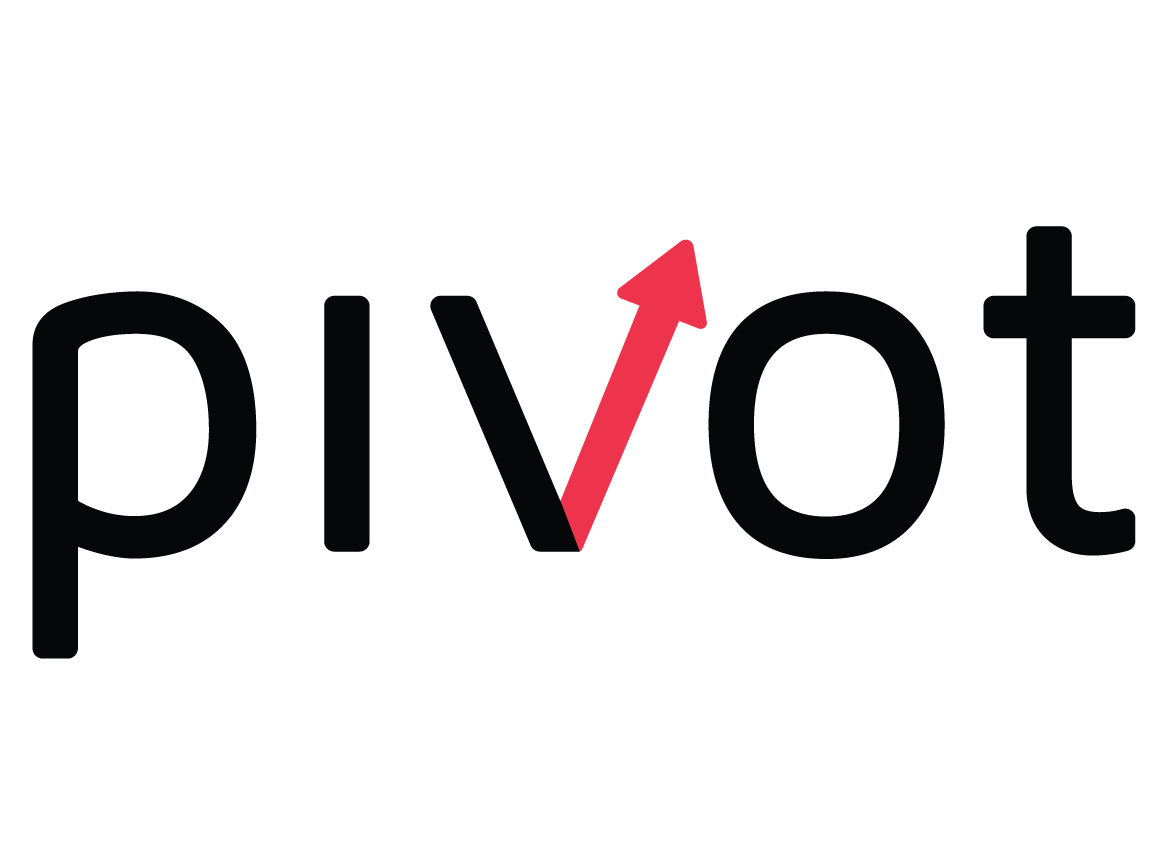What do you think of when you imagine a strong personal brand? In most cases you may be
thinking of common household brand names like Coca-Cola or Walmart. But those are
typically not considered to be personal brands.
A personal brand is something that is associated with your name and face. You can build a
personal brand that is strongly associated with another, more traditional brand name. But it is
important to recognize the difference between the two.
And even more important to understand if personal branding is right for you and your business.
In this article we will explore the many benefits of personal branding. As well as a few of the
top factors and best practices to consider when building your personal brand.
It may not be right for everyone. But when it comes to your business, you must be certain to
explore all of your options to provide the biggest reach and best overall customer experience.
What is a Personal Brand?
Try not to think too hard on this one. A personal brand is just the way it sounds… It is a way
for your customers to associate your name and your face with your business, service or
particular area of expertise.
Customers like to know exactly who they’re doing business with, and it gives them the feeling
that they are not just another number in some giant corporate machine.
Furthermore, a strong personal brand is more than a fancy website and the most expensive
business cards money can buy. It is built on reputation. You must effectively communicate
your overall value as a brand. But even more importantly, you must prove it to your customers
and clients.
The better you are at putting your money where your mouth is, so to speak, the more your
personal brand will stand on its own. Which is exactly what you want any brand to do,
personal or otherwise.
Strategies for Building Your Personal Brand
Establishing a powerful personal brand takes time and the use of effective branding strategies.
Branding is considered to be the act of creating a favorable public perception of your brand.
The following strategies will serve you well in your personal branding efforts. And while you
should not limit yourself to only these strategies, they represent terrific starting points.
Create Your Unique Selling Proposition (USP)
Like we mentioned above, the number one principle that will make or break your personal
brand is reputation. A popular phrase is, “Under-promise and over-deliver.” This means that
you are careful not to make outrageous claims that you cannot deliver on.
While it is important to maintain believability in your claims, it is also important to provide a
unique selling proposition (also known as a USP) to your market.
The trick is to attract the necessary attention while leaving room for an additional “wow-factor”
upon delivery. Bottom line, you must give your customers authentic value that keeps them
coming back for more.
The use of a USP is traditionally found to be more of a general marketing principle for individual offers.
But it is equally important when considering your overall branding strategy. Ask yourself if there is an all-purpose promise you can offer that encompasses your mission. Many times a great branding USP ends up serving as a powerful slogan as well.
Positioning—Content is King
In addition to developing a powerful message that your personal brand will stand for. You must position yourself as an expert in the market. One of the best ways to do this is to frequently produce free content that demonstrates your knowledge and expertise.
Popular outlets include things like blogs, social media platforms and YouTube channels. The
idea here is to create content that serves your customer base; things like how to articles and
videos, product reviews and helpful everyday advice.
Show everyone just how knowledgable you are in your field, but don’t get too complex. People
will generally lose interest if they find it difficult to relate to the material. But don’t worry… if
they want to know more they’ll surely know who to come to, right?
And one final thing to reinforce here is the frequency of your content. You’ll have to test
frequency limits within your niche. But the basic idea is to generate enough to keep interest
levels high, and not so much as to overwhelm and overload people so they can’t keep up with
it all.
Build an Audience
This goes hand in hand with positioning with one big difference. Building an audience usually
means that you have a way of interacting with those who follow your content.
But be careful here. It’s not enough to just have a huge following on YouTube or Facebook.
Largely because those are not your platforms.
They can change the rules anytime they see fit. And it can be devastating to your ability to
contact and interact with your followers.
That’s why building something like an email or direct mail list is such a popular practice.
It provides you with direct means of contacting your audience. And once your have those
addresses, either physical mailing addresses or email, no one can take those always from you
by closing your account or kicking you off their platforms.
Of course there are laws that govern the use of private information. But as long as you are not
one of those evil spammer types, it’s pretty easy to remain legit and respected it the eyes of
the law. And in the eyes of your audience as well.

Who Benefits the Most from Personal Branding?
By now you’ve probably asked yourself if a personal brand is really what you’re after. You’re
trying to make a decision on whether or not the efforts of branding yourself are truly worth it.
Well, here are some general categories for deciding whether or not you’ll directly benefit from a strong personal brand.
Service Based Businesses
Service based business can benefit from both a personal brand or a more traditional,
corporate-style brand. And in some cases both. It can be difficult to decide whether or not
your service based business requires a personal brand.
But in general, the size of your company tends to be a great indicator. And the level of
interaction you, as the business owner or face of the company, have with your client base.
Freelancers
Freelancers will almost always benefit from a strong personal brand. Your branding efforts as a freelancer should communicate your expertise in your field.
But even more important, your personal brand should position you as a leading authority. And
like we mention above, content creation is one of the most effective strategies for doing this.
Consultants
Are you highly sought after for your guidance and leadership capabilities? If so you absolutely
must create a personal brand that builds your reputation for producing results.
Consultants can either work for a larger firm or as a freelancer. Either way, though, it would
serve you well to generate some sort of name recognition for yourself.
Influencers
Influencers are those people in the public spotlight that get paid to endorse other products and
services. Traditionally this has required a publicly recognized celebrity status such as movie
stars and professional athletes.
But in our modern social media driven society this can include those with large followings on
platforms like Facebook, Instagram and YouTube.
Targeting a personal branding strategy if you fall into this category can be a bit tricky. But you
typically want to identify yourself with a particular niche.
Something more broad like fashion, music, or art can work. But unless you’re a major celebrity
it will suit you best to define a small niche like blues guitar playing, or even something like
stamp collecting.
Find Your Place in the Branding World
The list of people and business who benefit from personal branding can continue in the general direction of anyone who operates a small business or makes a living as a public figure.
For the most part, if you personally interact with your customer base and/or audience then you
would in fact greatly benefit from a personal brand.
Whereas a large corporation who has hundreds of stores and thousands of employees tends to function better with a traditional brand name that better serves the overall business or
corporate entity.
Regardless of your business or professional area of expertise, the name of the game is
experimentation. Just because you don’t fit the traditional mold for a personal brand, don’t be
afraid to think outside the box.

